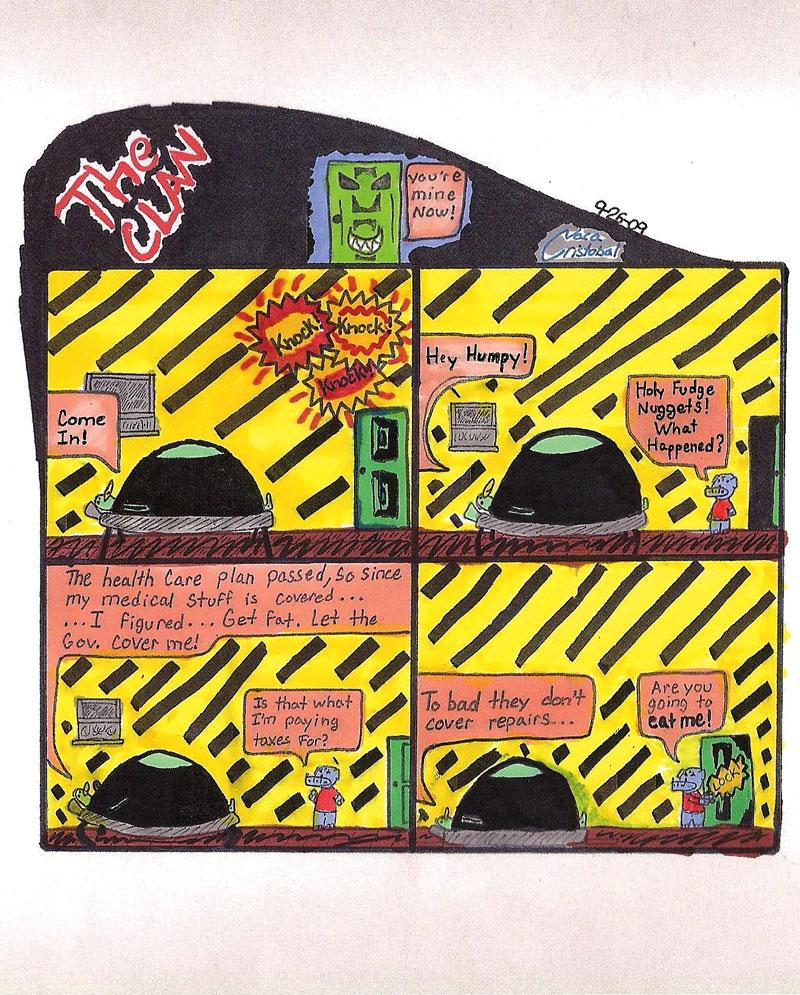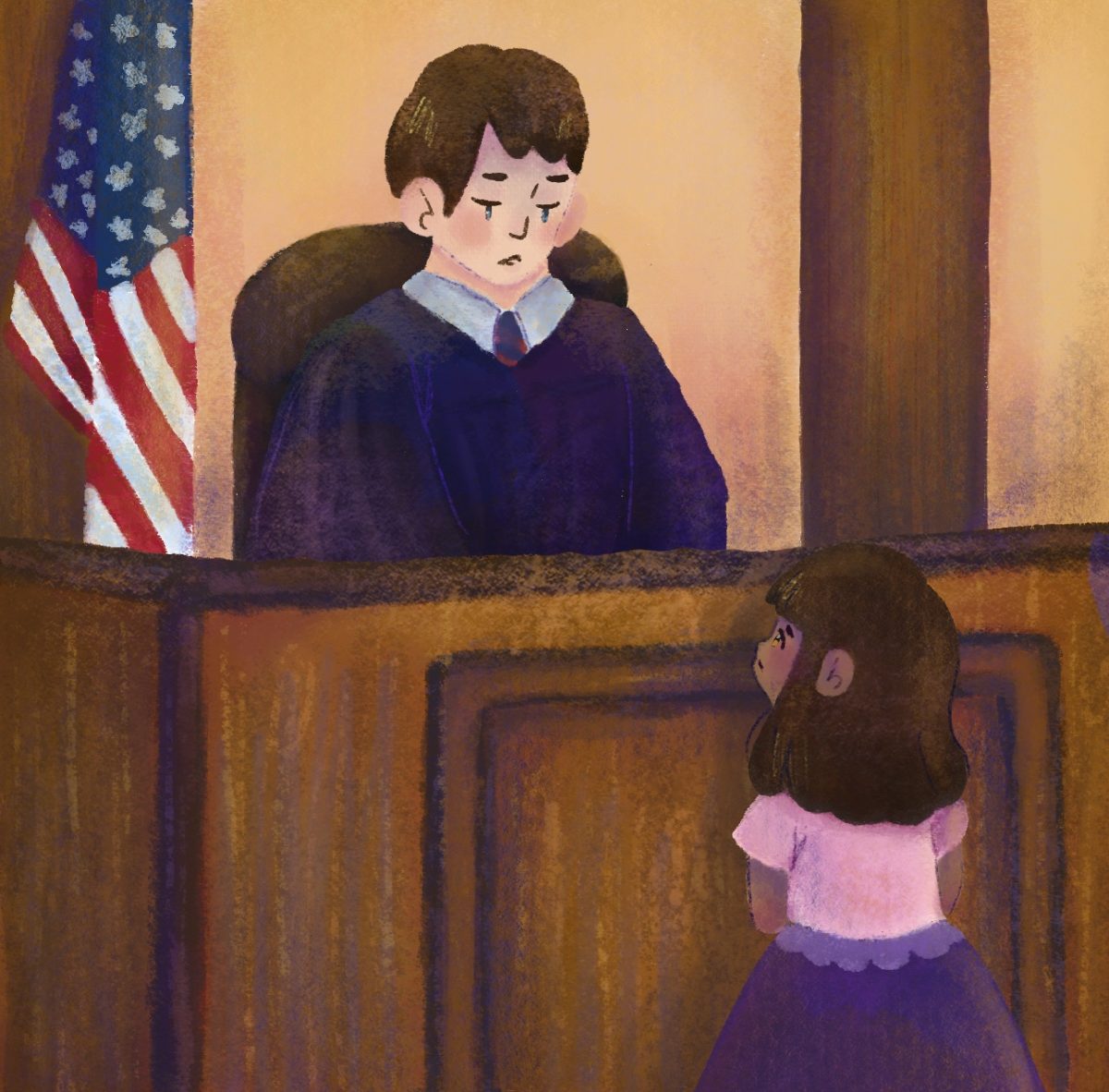 While reading through the Daily Sundial Web site, I came across an article that got me thinking. “Green Paper or Green Thumbs?” is a piece that proposes a solution for obesity, at least on our campus. What caught my eye, however, were the staggering statistics cited and it led me to do some of my own research.
While reading through the Daily Sundial Web site, I came across an article that got me thinking. “Green Paper or Green Thumbs?” is a piece that proposes a solution for obesity, at least on our campus. What caught my eye, however, were the staggering statistics cited and it led me to do some of my own research.
“Green Paper or Green Thumbs?” begins by introducing students’ issues with weight and diet; it struck me, however, that this is not a problem held solely by college students. Instead, college is generally only the beginning in a series of bad habits that contribute to one-third of the United States’ adult population becoming obese. Two-thirds (66 percent) of our great nation is overweight or obese, and we are, by far, the fattest country in the world. The reasons for this are varied yet simple and have been analyzed over and over. For the purposes of this article let us look at the consequences of obesity.
Currently, our country is in the middle of a great debate on the matter of health care reform. We are searching and searching for this great solution, but perhaps we should be examining the reasons why we need a change to our health care system in the first place. Does obesity not lead to heart disease, diabetes, and stroke? Possibly also cancer, influenza, and nephrosis? Are these not six of the top 10 leading causes of death in America? Our Democrats rave about Canada’s health care system, but it should be taken into account that only 17 percent of Canadian adults are obese; this is half the percentage of obese Americans, and perhaps it has something to do with their “better health care system.”
Now, forgive me for assuming, but is it not possible that when people refuse to take care of themselves, it leads to increased prices for health insurance because it is in higher demand? I am not an economics major, but I’m fairly sure that this is how supply and demand works. It is entirely possible that if our citizens were to take better care of themselves, the prices for health care would go down. More businesses could provide it to their employees, and more people could afford it on their own. Perhaps it is not my place to say, but why are we indulging these people who make themselves sick and eventually angered when health care is not available to them?
“Green Paper or Green Thumbs?” cites that obese people pay nearly double what non-obese people pay in prescription costs, and that obese people account for upward of nearly 10 percent of all medical costs (about $92 billion a year). I have found that this number varies from source to source, but it is never below $92 billion. Around half of these medical costs, or $45 billion, came from Medicare and Medicaid, or, in other words, our tax dollars.
I am not trying to ignore those people who get sick for other reasons. But if we could eliminate a good portion of the hospital bills and beds reserved for patients who, essentially, do it to themselves, perhaps our health care system would not need reforming. Perhaps health care could actually be efficient if medical personnel had the time to focus on people who aren’t killing themselves, but are being killed by something else.
Now, I have several hesitations with Obama’s plan for health care reform as it is, but 300,000 Americans die every year due to illnesses that are so easily prevented, not by a doctor, but by the individual. It just doesn’t seem fair that there are people who take preventative measures against illnesses waiting in line behind those who are virtually inviting them.
Solving the problem of obesity is up to the individual, and everything relies on the choices that are made by that individual. There are so many people who do not have the time nor the money to either cook at home or take their family out for a good meal. When waiting in line at Burger King, however, make the choice to get a salad instead of a hamburger meal, which has all of the fat and calories to fill an entire day’s ration. A meal for four from a fast-food chain generally costs the same as a cheap grocery store meal for those who have the time. In the long run, an expensive but beneficial meal costs much less than the medical bills required to handle the problem of obesity that comes from poor diet choices.
Yes, health insurance is far too expensive. Yes, something should be done. Instead of focusing on the system, however, perhaps we should focus on those people who abuse it by abusing themselves.





